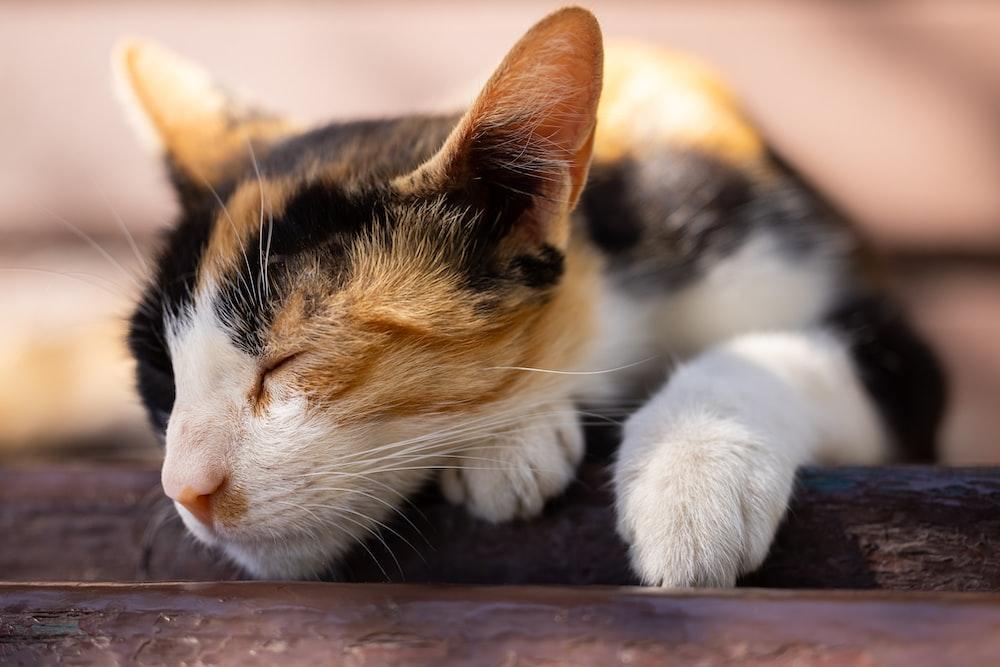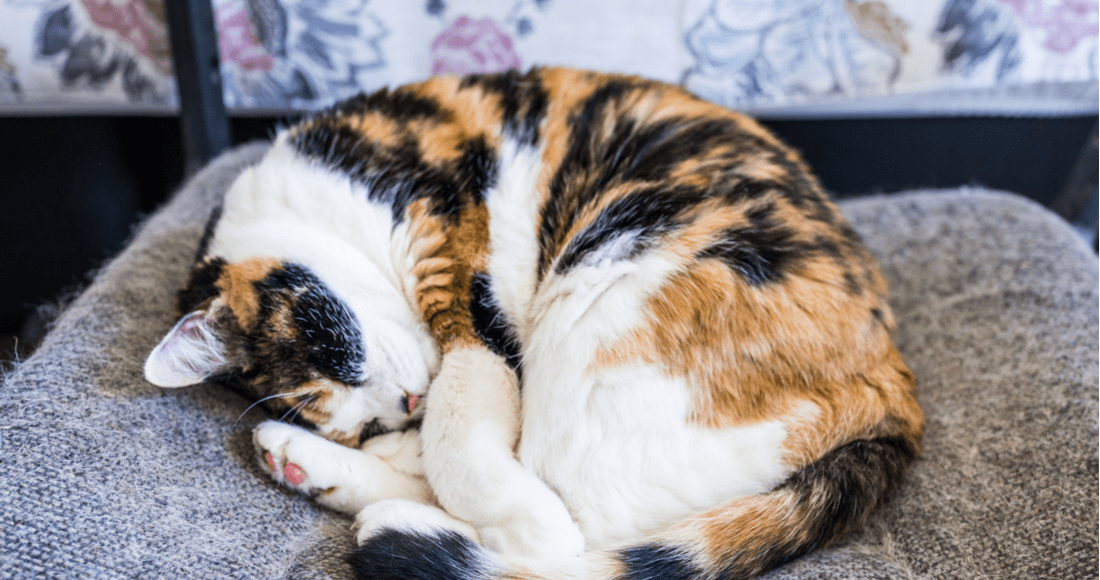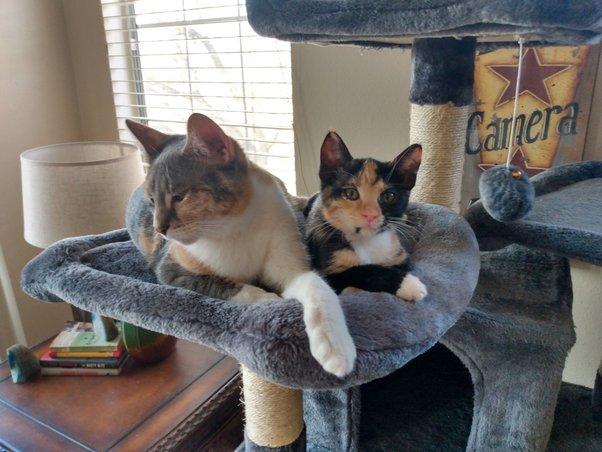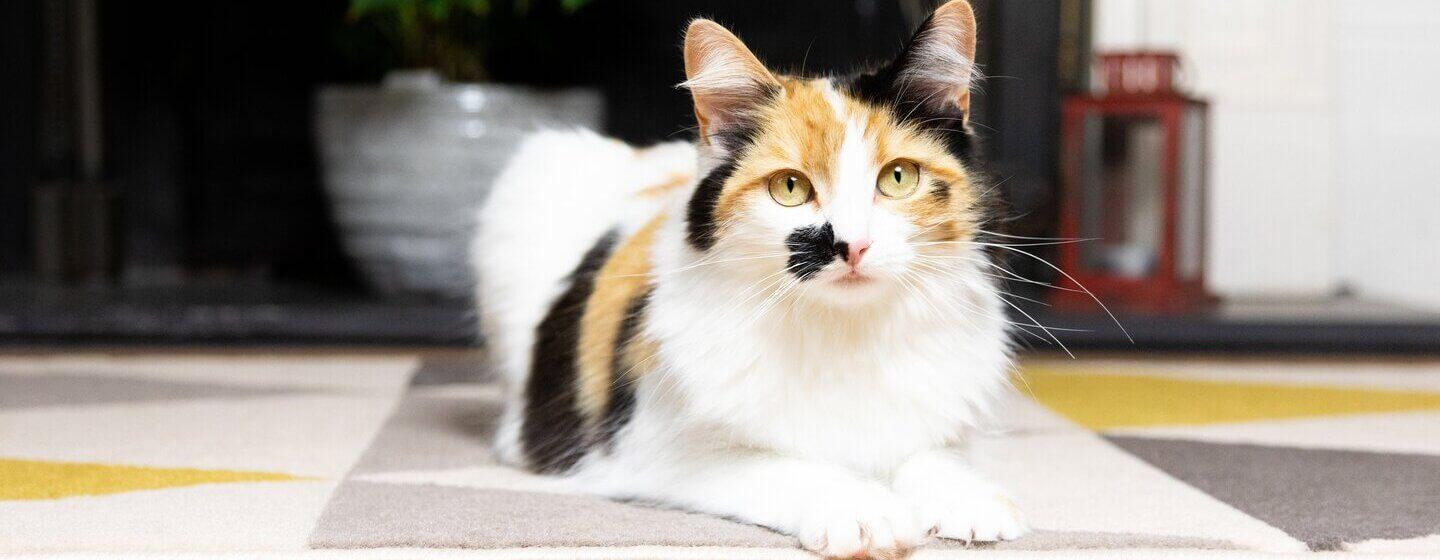Calico cats are adored for their distinct and noticeable fur designs, with spots of white, orange, and black fur. They have seized the cores of many ailurophiles globally. As a dependable pet possessor, comprehending how long do calico cats live is mandatory for supplying them with the top protection feasible. Through the article focuses on how long do calico cats live, the reasons that damage their lifetime, the natural infirmities they may face, and tips to help extend their life expectancy.
Table of Contents
How Long Do Calico Cats Live: Standard Lifetime
So, how long do calico cats live? The standard lifetime of calico cats varies, but they generally last for approximately 12 to 16 years. However, it’s mandatory to note that individual cats may have shorter or longer lifespans relying on various reasons.

Image Credit: Unsplash
A. Studies and Research
Scientific studies on calico cat lifespans are limited, but anecdotal evidence suggests that their standard lifetime falls within the aforementioned range.
B. Factors Contributing to Individual Variation
The lifetime of a calico cat can be influenced by reasons for instance genetics, fitness, quality of care, and lifestyle. Cats with genetic predispositions to certain diseases may have shorter lifespans if those conditions are not properly managed.
Factors Changing Lifespan
Calico cat lifespan can be influenced by various factors, including genetics and the habitat in which they live.
A. Genetic Reasons
X-linked color gene
Calico cats are almost always female by reason of the inheritance of the X chromosome responsible for their distinct fur colors. This same chromosome carries other genes that can alter their overall health and lifespan.
Heritage of illnesses and health conditions
Some genetic conditions, such as polycystic kidney disease (PKD) and feline lower urinary tract disease (FLUTD), can be more prevalent in calico cats, affecting their lifespan.
B. Environmental Factors
Diet and nutrition: Supplying a stable and nutritious meal is compulsory for balancing a calico cat’s fitness and lifetime.
Training and Body Movement
Planned training and intellectual nourishment help remain calico cats bodily fit and intellectually attached, supporting their health.
Living states and exposure to hazards
A safe and stress-free environment is compulsory for calico cats, as exposure to toxins, accidents, or other dangers can shorten their lifespan.
Animal care and inhibitory considerations
Routine animal health-check, inoculations, and preventive treatments for parasites play a pivotal part in corroborating a calico cat’s health and detecting unhealthiness in the early stage.
Natural Infirmities in Calico Cats
Calico cats may be more susceptible to certain pathological states, either owing to genetic reasons or other reasons. Being mindful of these states can assist possessors take bold measures to ensure their cat’s fitness.

Image Credit: PetPlace
A. Genetic Predispositions
Polycystic Kidney Disease (PKD)
PKD is a congenital state distinguished by the growth of cysts in the kidneys. Routine examining and initial intervention are mandatory for managing this condition.
Feline Lower Urinary Tract Disease (FLUTD)
FLUTD encompasses various pathological states affecting the urinary tract, for instance, bladder inflammation and urinary blockages. Healthy nutrition and adequate hydration can aid avert these situations.
Deafness
Few calico cats with particular fur shapes, particularly those with predominantly white fur, may be more vulnerable to congenital deafness.
B. Other Infirmities
Obesity and related complexities
Overfeeding and a dearth of workouts can generate obesity, which enhances the threat of numerous pathological states, for instance, diabetes, joint issues, and heart disease.
Tooth Caries
Calico cats, like all felines, can initiate tooth caries for instance periodontal disease and tooth decay. Routine tooth protection, including tooth brushing and supplying dental medicates, can aid retain proper oral health.
Hypothyroidism
This hormonal disorder can sway a calico cat’s metabolism, generating weight gain, lethargy, and other symptoms. Routine thyroid function tests can aid in initial awareness and management.
Arthritis
Calico cats, explicitly as they mature, may develop arthritis, which can cause discomfort and limit their mobility. Supplying a pleasant and supportive habitat, as well as appropriate pain management, can improve their quality of life.
Tips for Extending a Calico Cat’s Lifespan
Stable and Healthy Nutrition
Providing healthy nutrition tailored to the particular alimental requirements of calico cats is pivotal for their complete fitness and longevity. Confer with an animal doctor to discover the proper nutrition plan, considering reasons for instance dotage, overweight, and any particular beneficial demands.
Routine Exercise and Intellectual Nourishment
Engaging calico cats in regular exercise and supplying them with intellectual nourishment helps remain them physically and mentally active. Instructive toys, puzzle feeders, and designated training schedules can remain them entertained, avert obesity, and promote their entire fitness.
Supplying a Protective and Enriched Habitat
Creating a safe living environment is mandatory for calico cats’ longevity. Ensure they have entrance to clean water, a pleasant resting section, and a litter box that is regularly cleaned. Additionally, minimize their exposure to perils for instance toxic plants, chemicals, and open windows or balconies.

Image Credit: Pawsome Cats – Quora
Routine Fitness Check-ups and Inhibitory Protection
Routine fitness check-ups are vital for early detection of any health issues. Regular inoculations, parasite avoidance, and tooth hygiene are compulsory components of inhibitory protection. Your veterinarian can provide tailored advice and recommendations based on your calico cat’s specific needs.
Recognizing and Labeling Body Issues Promptly
Calico cats may show subtle signs of illness, so it’s pivotal to closely track their behavior and circumstances. If you discern any changes in appetite, litter box habits, energy levels, or physical appearance, confer with an animal doctor directly. Early detection and timely treatment can significantly impact their prognosis and lifetime.
Conclusion
By comprehending how long do calico cats live, it is compulsory for supplying them with the best protection and corroborating their overall fitness. While the standard lifetime of calico cats revolves around 12 to 16 years, individual factors such as genetics, environment, and health play a significant part in determining their lifespans. By being mindful of natural infirmities, supplying needful care, and promptly addressing any health concerns, you can maximize the lifetime of your calico cat and create a long-lasting link with your beloved feline companion. Remember, responsible ownership and attentive care are solutions to ensuring a cheerful and wholesome life for your calico cat.










